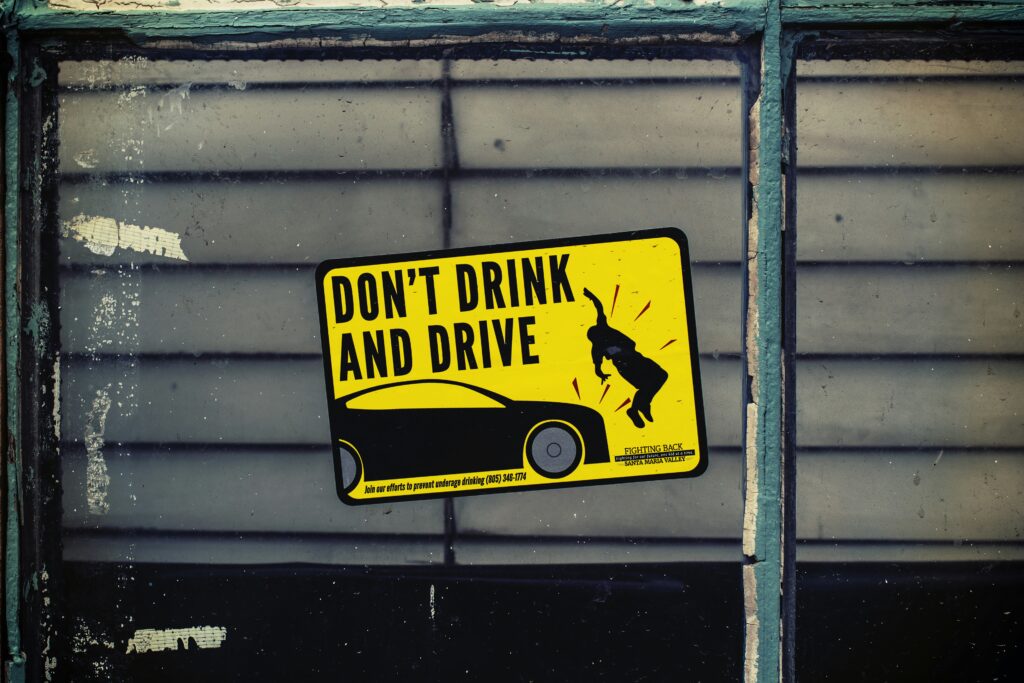‘Hangovers Don’t Go Away’ Campaign Targets Drunk Driving in Texas
Drunk driving continues to be a deadly problem on Texas roads. In response, the Texas Department of Transportation (TxDOT) launched the “Hangovers Don’t Go Away” campaign—a bold reminder that the effects of alcohol last long after the last drink. This campaign aims to educate drivers about the lingering dangers of alcohol impairment and reduce the number of alcohol-related crashes and fatalities across the state.
Understanding the Campaign for Drunk Driving
The phrase “Hangovers Don’t Go Away” speaks directly to a common misconception: that you’re okay to drive the morning after drinking. Many drivers think that a night of sleep and a couple of cups of coffee are enough to make them sober again. But in reality, the effects of alcohol can linger, and driving with a hangover can impair your judgment, reaction time, and coordination—similar to driving drunk.
TxDOT’s campaign uses radio ads, billboards, social media, and community outreach events to get the message across. The goal? To shift public behavior and highlight the real consequences of driving while impaired—whether it’s at 2 AM or 10 AM the next day.
The Impact of Drunk Driving in Texas
Drunk driving continues to take a heavy toll on Texas communities:
-
More than 25% of all traffic fatalities in Texas involve alcohol-impaired drivers.
-
In 2023 alone, over 1,200 people died in alcohol-related crashes in the state.
-
Weekends, holidays, and late-night hours remain the most dangerous times on the road.
These statistics make it clear: drunk driving is not just a late-night problem. It’s a next-day problem too.
Why Hangovers Matter Behind the Wheel
Even if you’re not legally intoxicated the next day, a hangover can still impair your ability to drive safely. Common symptoms include:
-
Fatigue
-
Headaches
-
Nausea
-
Slower reaction time
-
Reduced attention span
These effects can make driving dangerous, especially during busy traffic hours or in unpredictable weather conditions. Studies have shown that hangover symptoms can significantly reduce driving performance, leading to more errors and slower decision-making on the road.
Legal and Financial Consequences
Driving under the influence of alcohol—even if you think you’ve sobered up—can result in severe legal consequences:
-
DUI or DWI charges
-
License suspension
-
Fines and court costs
-
Mandatory alcohol education programs
-
Jail time in serious cases
-
Increased insurance premiums
For accident victims, the physical and emotional cost can be even more devastating. Medical bills, lost income, and long-term injuries often follow alcohol-related crashes. And tragically, some families are left grieving the loss of loved ones due to someone else’s reckless decision to drive impaired.
Safer Alternatives to Drinking and Driving
The “Hangovers Don’t Go Away” campaign also emphasizes planning ahead before a night out. Here are a few alternatives to consider:
-
Designate a sober driver before going out
-
Use rideshare apps like Uber or Lyft
-
Call a cab or use public transportation
-
Take advantage of free ride programs during holidays or special events
-
Stay the night at a friend’s place or nearby hotel
Having a backup plan is the smartest—and safest—move you can make.
The Role of Personal Injury Lawyers in Drunk Driving Cases
If you’ve been injured by a drunk driver, you have rights. A personal injury attorney can help you:
-
Hold the drunk driver accountable
-
Investigate the crash and collect evidence
-
Negotiate with insurance companies
-
Pursue compensation for medical bills, lost wages, and pain and suffering
It’s not just about money—it’s about justice, safety, and sending a message that drunk driving is never acceptable.
Final Thoughts
The “Hangovers Don’t Go Away” campaign is more than a catchy slogan—it’s a crucial wake-up call. Alcohol impairment doesn’t magically disappear with a good night’s rest, and assuming you’re fine to drive the next morning can lead to devastating consequences.
If you’re planning a night out, think ahead. Don’t take the risk of driving hungover. And if you’ve been injured in a drunk driving crash, talk to a personal injury lawyer who can fight for the justice you deserve.

